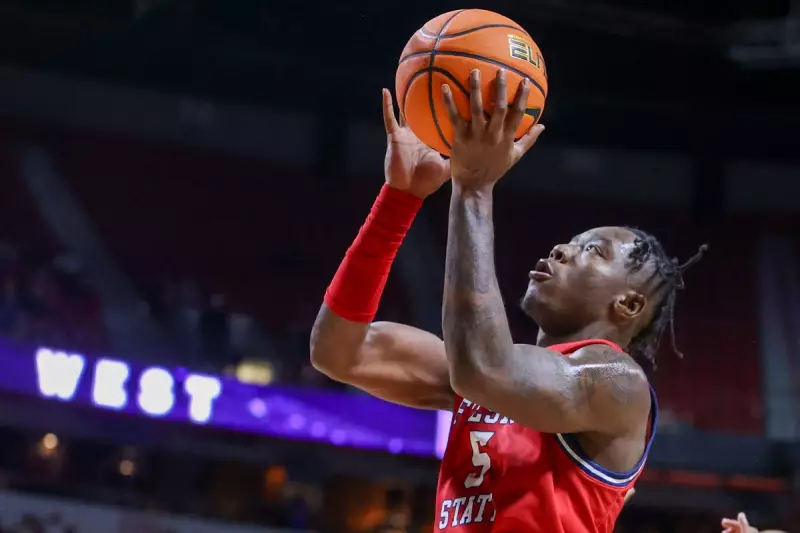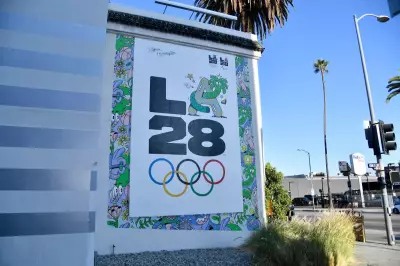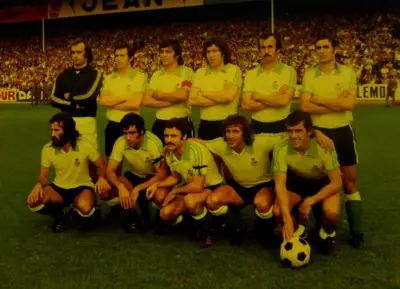
In a move that could fundamentally reshape the landscape of American collegiate athletics, NCAA President Charlie Baker has proposed a radical new framework. The plan would permit the wealthiest Division I institutions to directly compensate their student athletes for the first time.
The proposal, sent to all NCAA member schools, suggests the creation of a new competitive subdivision. Membership in this elite tier would be contingent on a school's commitment to investing at least $30,000 per year into an educational trust fund for at least half of its eligible student athletes.
A New Era for Athlete Compensation
This initiative represents the most significant step yet toward formalising athlete compensation. It acknowledges the vast financial disparities within Division I and aims to create a more permissive environment for the highest-revenue programmes, particularly those in the Power Five conferences.
"This is about finally giving schools the flexibility to support their athletes in ways that reflect their immense contributions," a source familiar with the proposal stated. The plan would allow these schools to directly negotiate name, image, and likeness (NIL) deals with their athletes, a practice currently restricted.
Addressing the Legal and Competitive Landscape
Baker's proposal is widely seen as a proactive measure to stave off further legal challenges and antitrust lawsuits that have threatened the NCAA's amateurism model. It also aims to address the growing competitive imbalance, where a handful of schools dominate in both revenue and talent acquisition.
The plan includes provisions to boost gender equity, suggesting that schools should be required to abide by Title IX guidelines when distributing funds to athletes. Furthermore, it proposes empowering all Division I schools to offer enhanced educational benefits and enter into NIL agreements with their athletes.
A Timeline for Change
The NCAA has emphasised that this is the start of a conversation, not a finalised policy. Member schools are expected to discuss and debate the proposal extensively. Any changes would likely require a vote from the membership, a process that could extend well into the next academic year.
This landmark proposal from Charlie Baker signals a potential end to the traditional amateurism model that has defined US college sports for over a century, paving the way for a new, more professionalised era.





